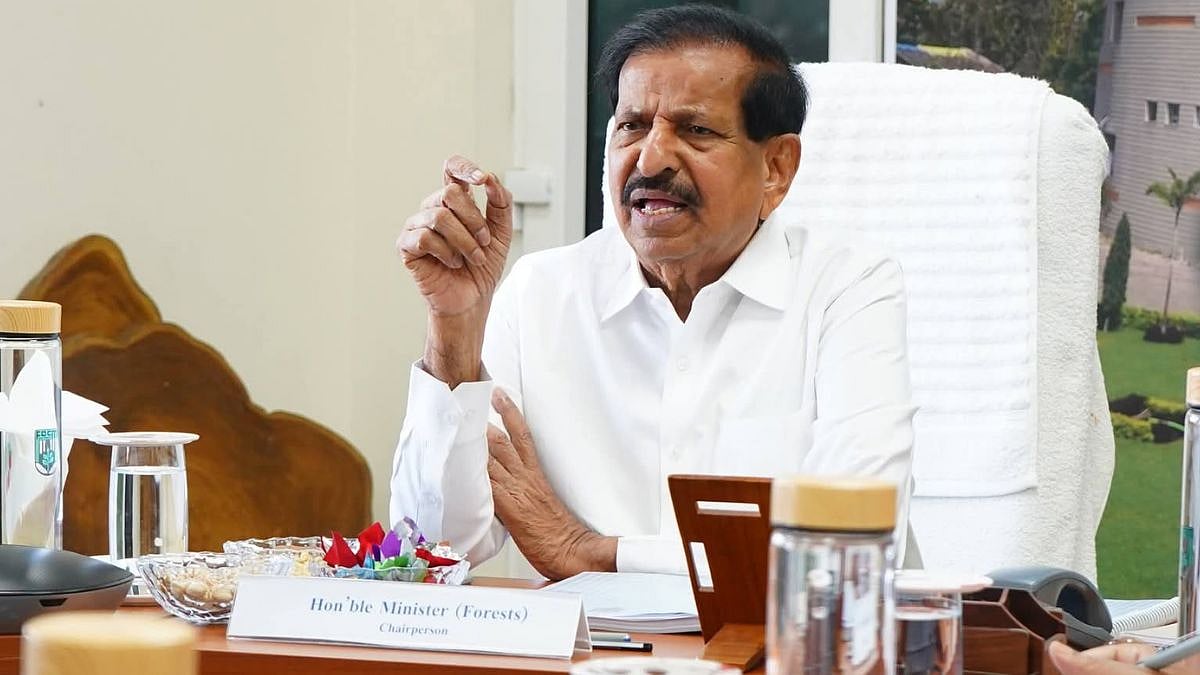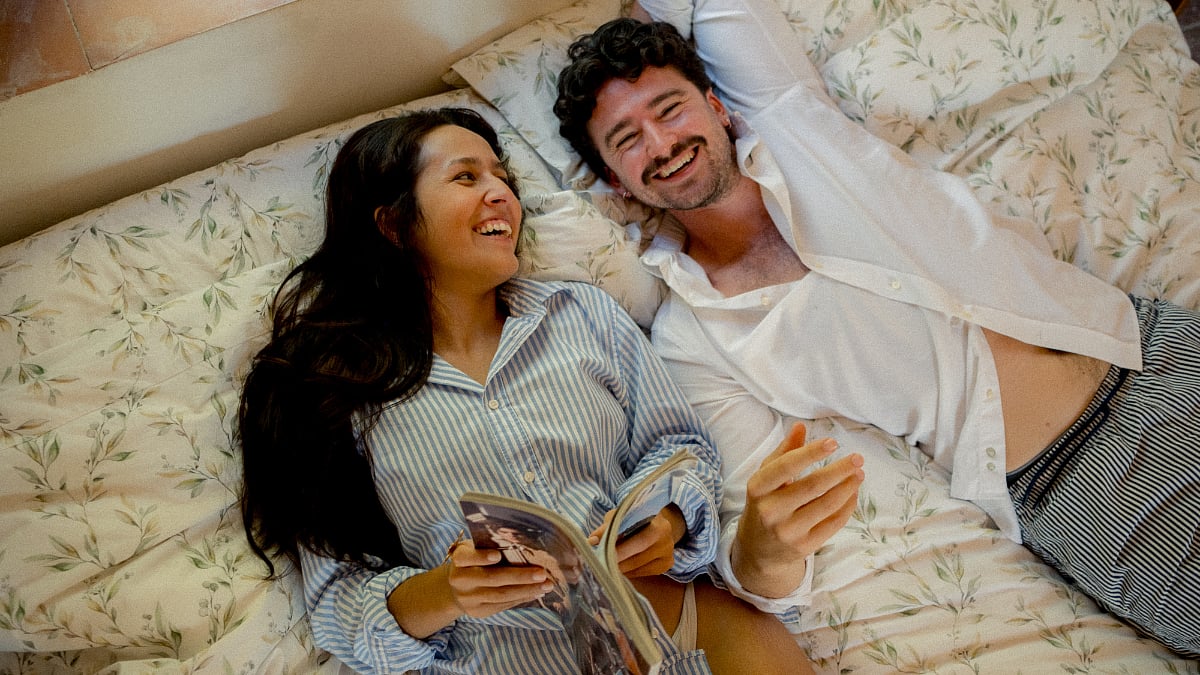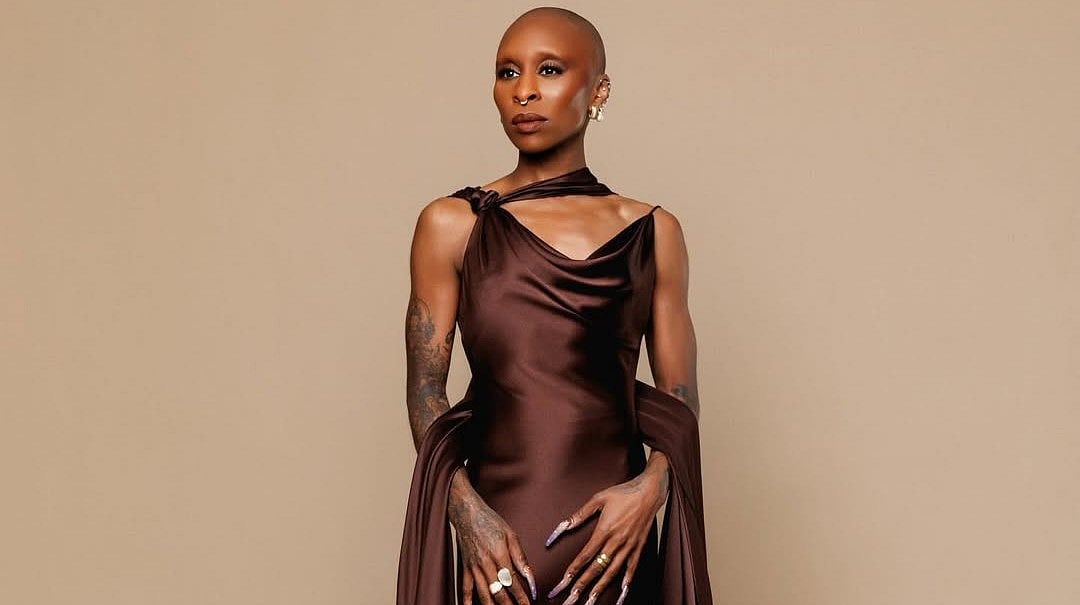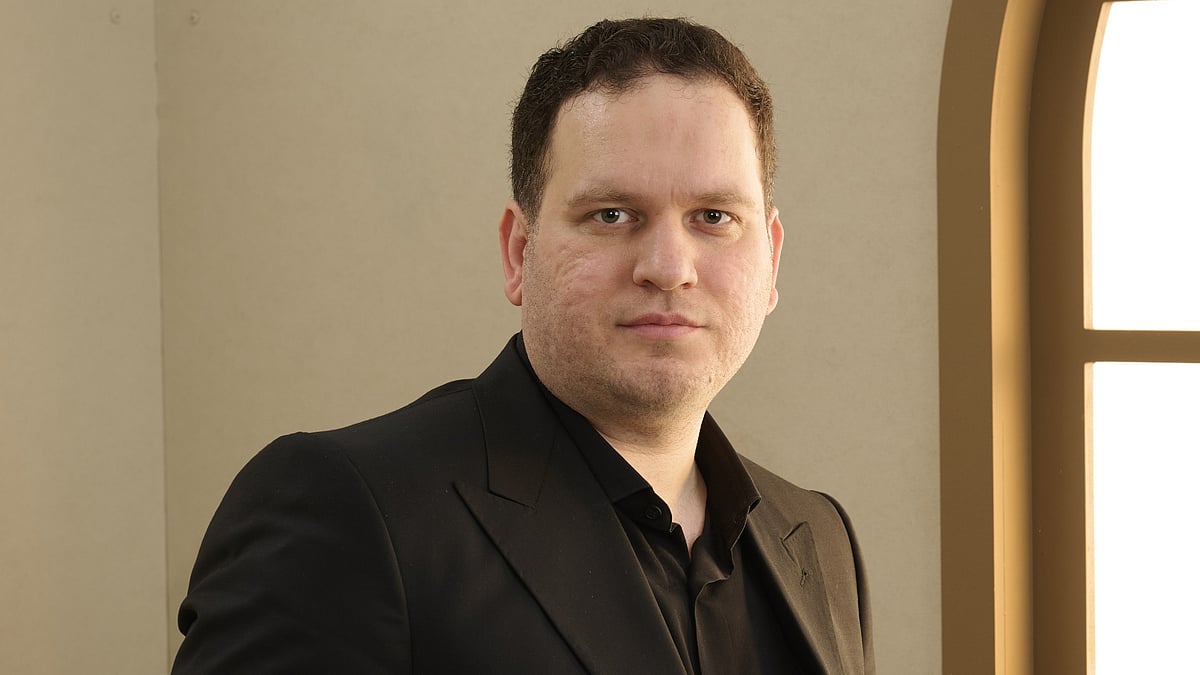Music is something magical that touches the soul and heals you. One such experience was when we tuned into the soulful music being played by husband-wife Dallas Smith and Susan Mazer, renowned musicians in the world of jazz. Hailing from Reno, US, the instrumentalists are currently in Mumbai to perform, connect, and celebrate. Interestingly, the couple celebrates 37th wedding anniversary on March 29, which also marks their 40 years of playing music together.
Excerpts from the interview:
Can you tell us more about your 2024 India tour and your performances in the city?
Dallas Smith: We recently played at the Royal Opera House. It was a unique repertoire, a mix of American jazz and our original compositions which were influenced by my study of Hindustani classical music. We also performed at the Prithvi Theatre alongside tabla player Unmesh Banerjee and Kathak artist Aditi Bhagwat. On March 31, we will perform at the Indo Jazz Gig being held in Juhu. I'll perform flute and my wife, Susan, the harp. Tabla player Anuradha Pal will join us on the stage.
We have a few more performances as we spend seven weeks in the city during our tour, alongside spending some time meeting our friends and enjoying every meal as an adventure.
You have visited India number of times. Can you recount your first visit?
Dallas Smith: I have toured India several times, musically. My first trip to Mumbai was in 1971 when I went to the Sangit Mahabharati, the music school by Pandit Nikhil Ghosh. I met his sons – Nayan Ghosh and Dhruba Ghosh. I saw a portrait of flute player Pandit Pannalal Ghosh and I was so enchanted by the bansuri that I added it to the instrument I play.
In 1982, I performed with kathak dancer Chitresh Das. During my visit to India then, I connected with Ustad Zakir Hussain, who introduced me to Louis Banks, the ‘godfather of Indian jazz’. I am still friends with Louis. I remember he took me to the film centre and I worked with RD Burman. That was my initial performance in India.
Susan Mazer: I have visited India a couple of times earlier, but this is the first time that I have brought my instrument all the way here. So that is very special.
Do you enjoy Indian classical music?
Dallas Smith: Indian classical music is close to my heart. I had the pleasure and honour of studying with Ali Akbar Khan; it was like having classes with a master like Beethoven. When I started studying Hindustani music in India, Zakir Hussain was the rhythm teacher. I was in class with him teaching Taal. There were also many opportunities to hear him performing with Ali Akbar Khan and others.

You said you have a 'love affair' with bansuri. How often do you play it?
Dallas Smith: I wish I could play it daily for hours, but unfortunately, I don't. As I play a number of instruments, I try to touch every instrument each day including saxophone, clarinet, silver flute and the bansuri.
Have you ever tried playing each other’s instruments?
Susan Mazer: No! I'm territorial about my harp and Dallas about his instruments. I come from a classical background. It was somewhere around 1970-80 that I switched to jazz, and performed it initially on a classical instrument like a harp. Later, I started amplifying the harp in the days when technologies were primitive.
How important is instrumental music in a concert alongside vocals?
Dallas Smith: Instrumental music is important in any performance. When you have a vocalist and a song, there's a specific theme or idea where instrumental music leads your mind to travel to whatever it reminds you of. I think instrumental music is good for the imagination.
You have worked hard to introduce music in healthcare. What do you believe is the connection between health and music?
Dallas Smith: I understand that it is a widely held belief in India that music is a manifestation of divine energy, and is therefore inherently healing. However, in America, music is looked upon as an alternative to medicine. So, that's the challenge for us to bring music into a hospital. Now, the C.A.R.E. Channel is helping to create a healing environment in 900+ healthcare units.
Importantly, the music that we provided on this channel was purposefully unfamiliar because if you hear a piece that you have heard before it takes you into the fast, while unfamiliar music helps the patient stay in the present where the healing takes place.
We have consistently received a response to our music giving a relaxing experience. The audience's heart rate would go down, the respiration rate would reduce, and the relaxation would happen so involuntarily.
Susan Mazer: In 1992, we started a company C.A.R.E. which is developed as a 24-hour relaxation channel for hospitals and it is still thriving. The premier nature video and relaxation music programming for healthcare settings is produced to comfort not only staff but also patients and their families. This is a highly effective therapeutic tool that significantly contributes to improved patient satisfaction and goodness. Music changes our sense of time and place. It's not intended to be curative, but healing and therapeutic.












